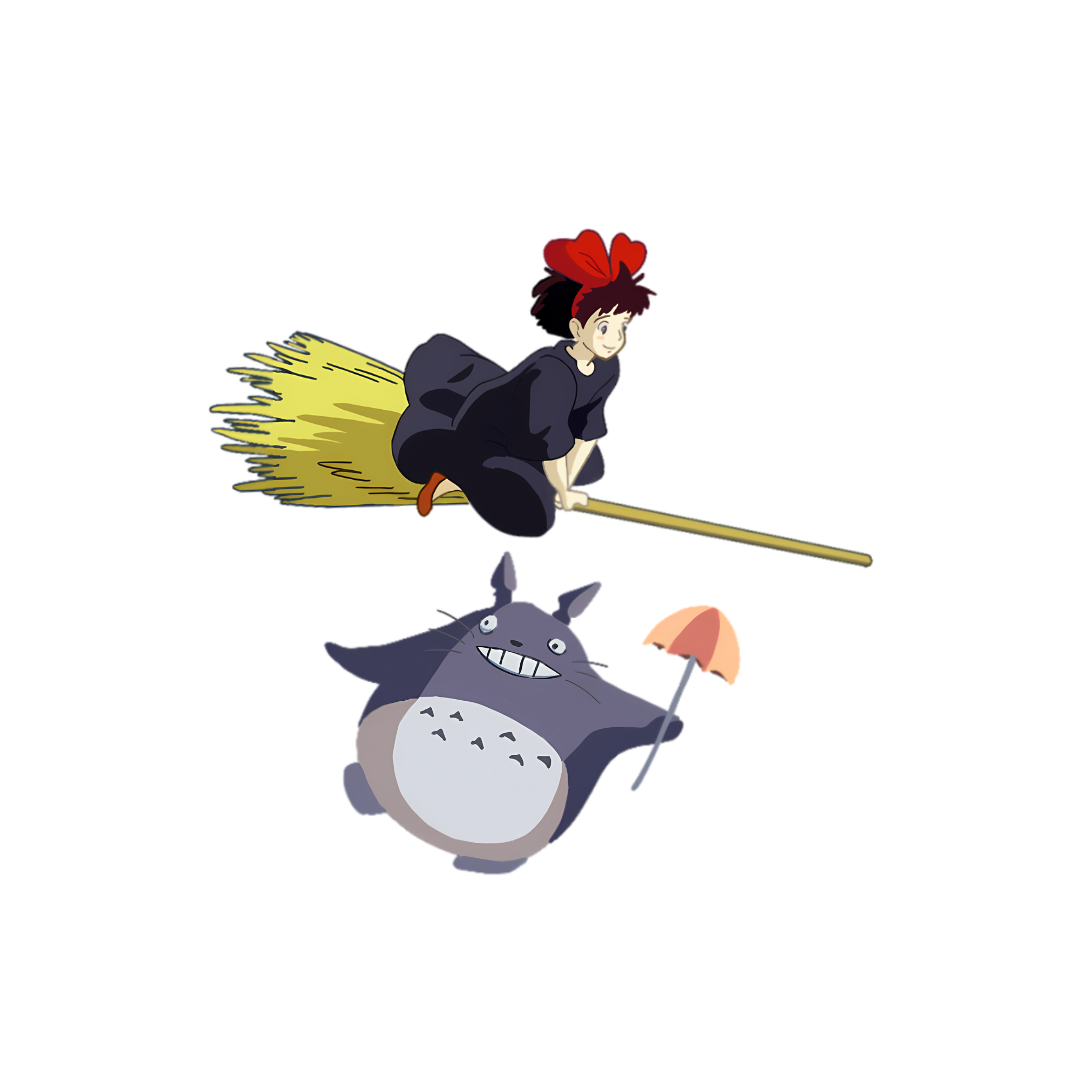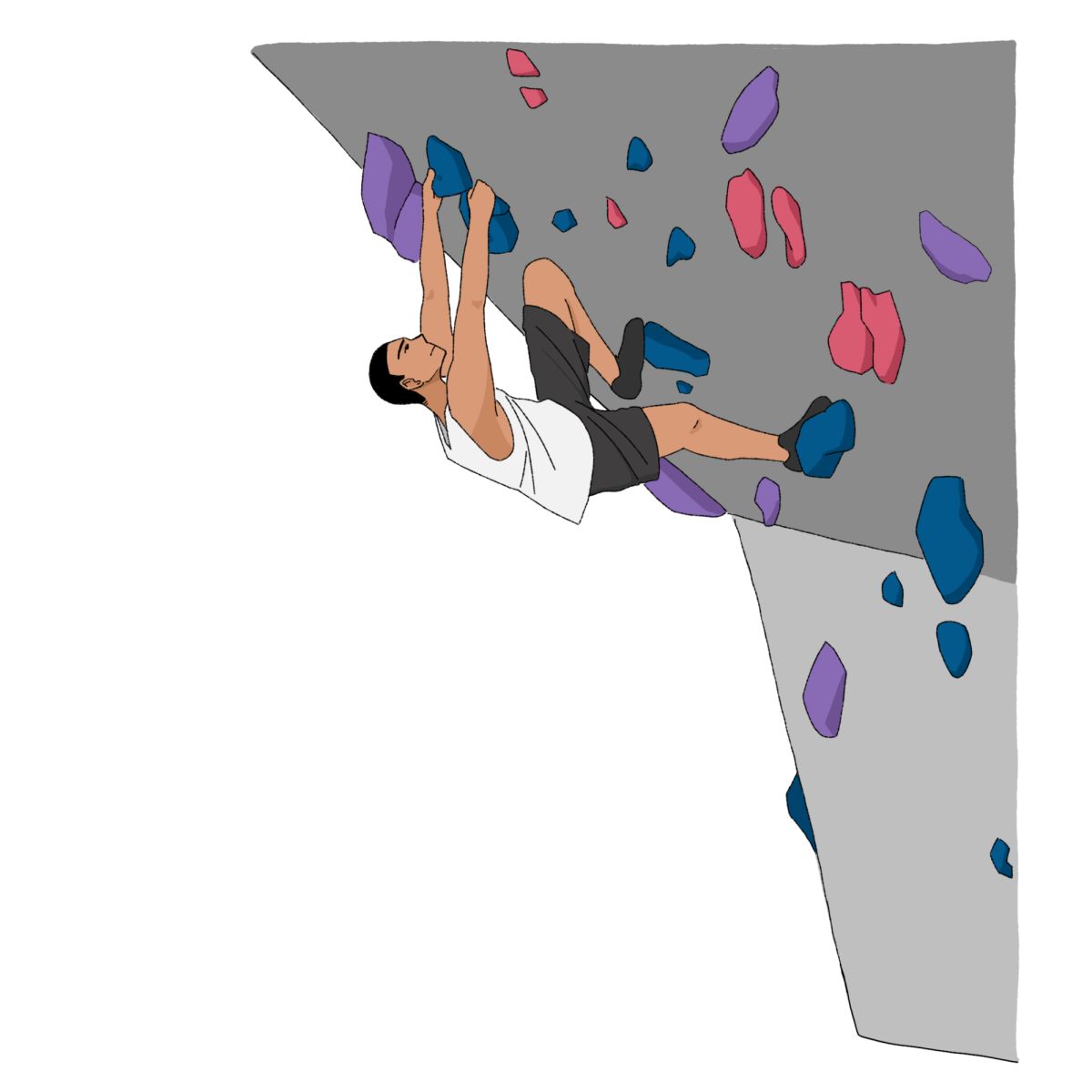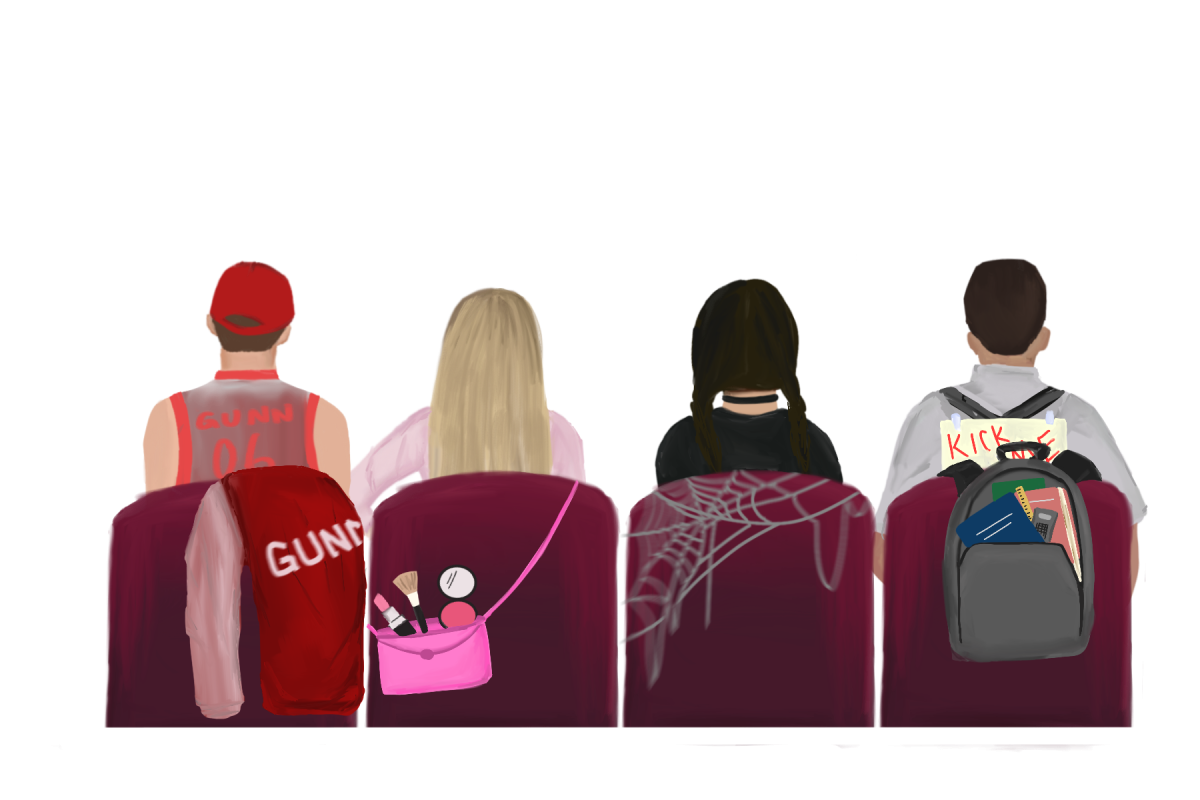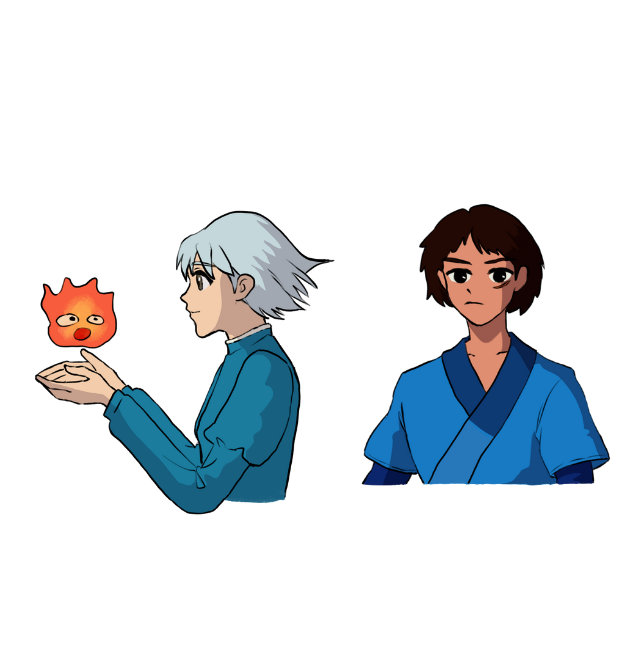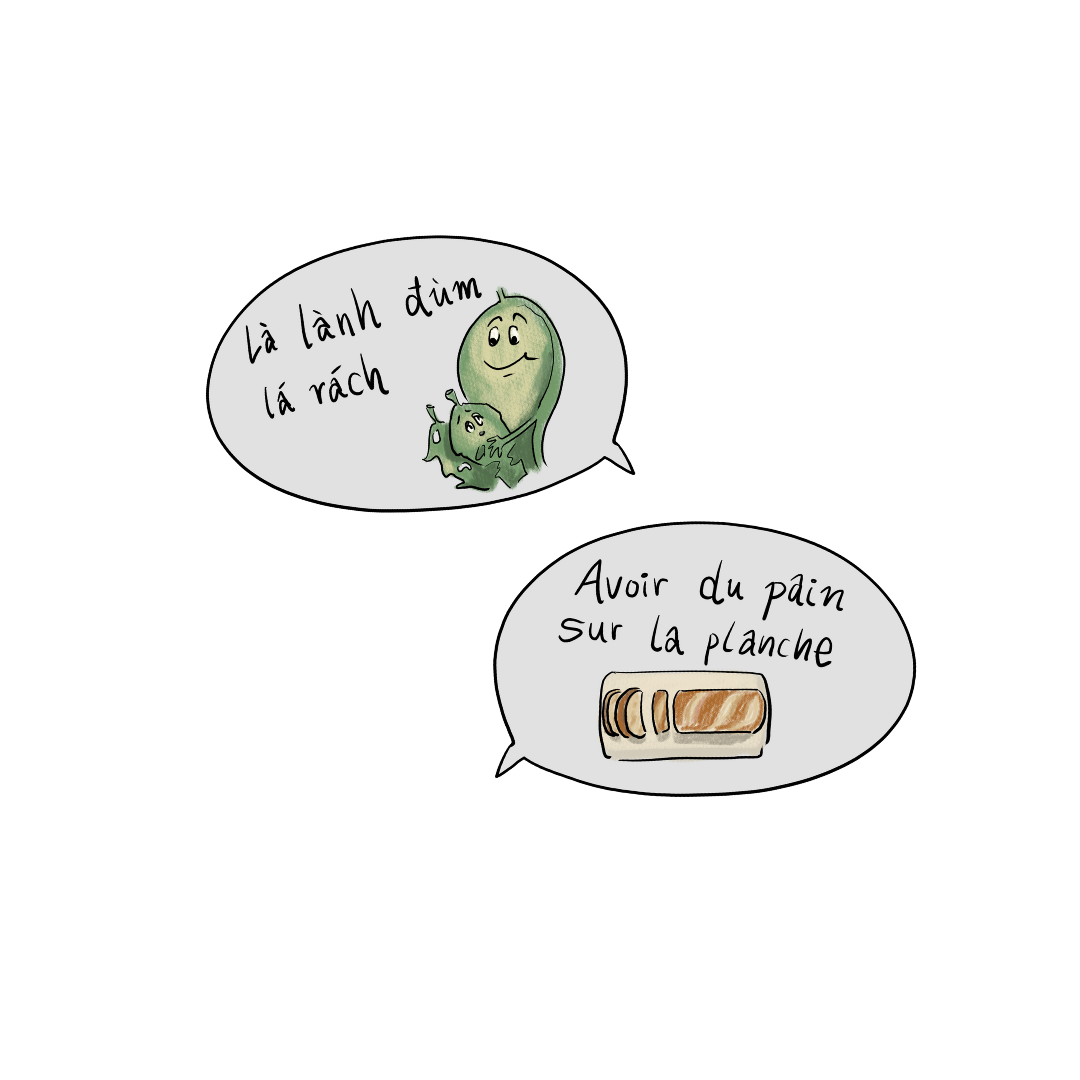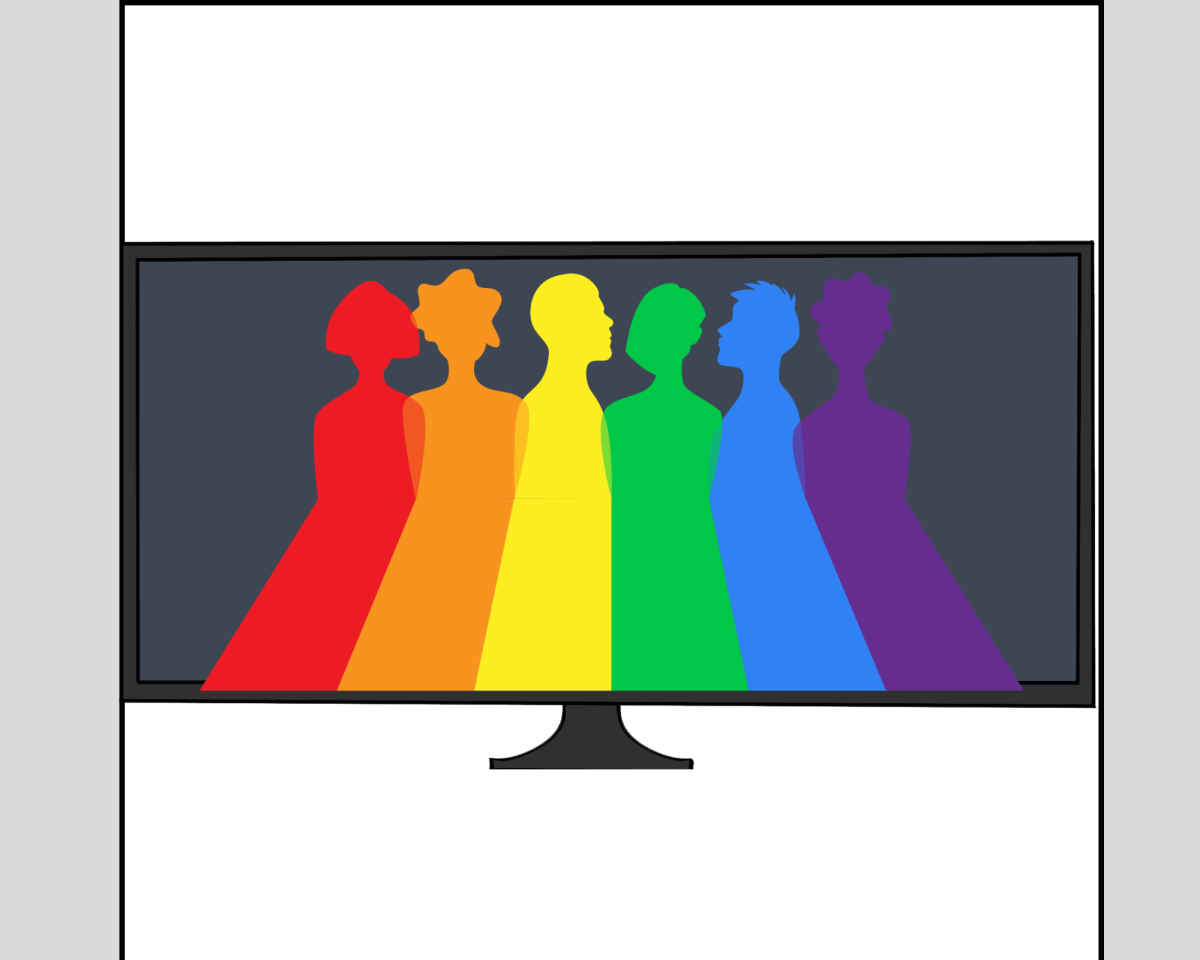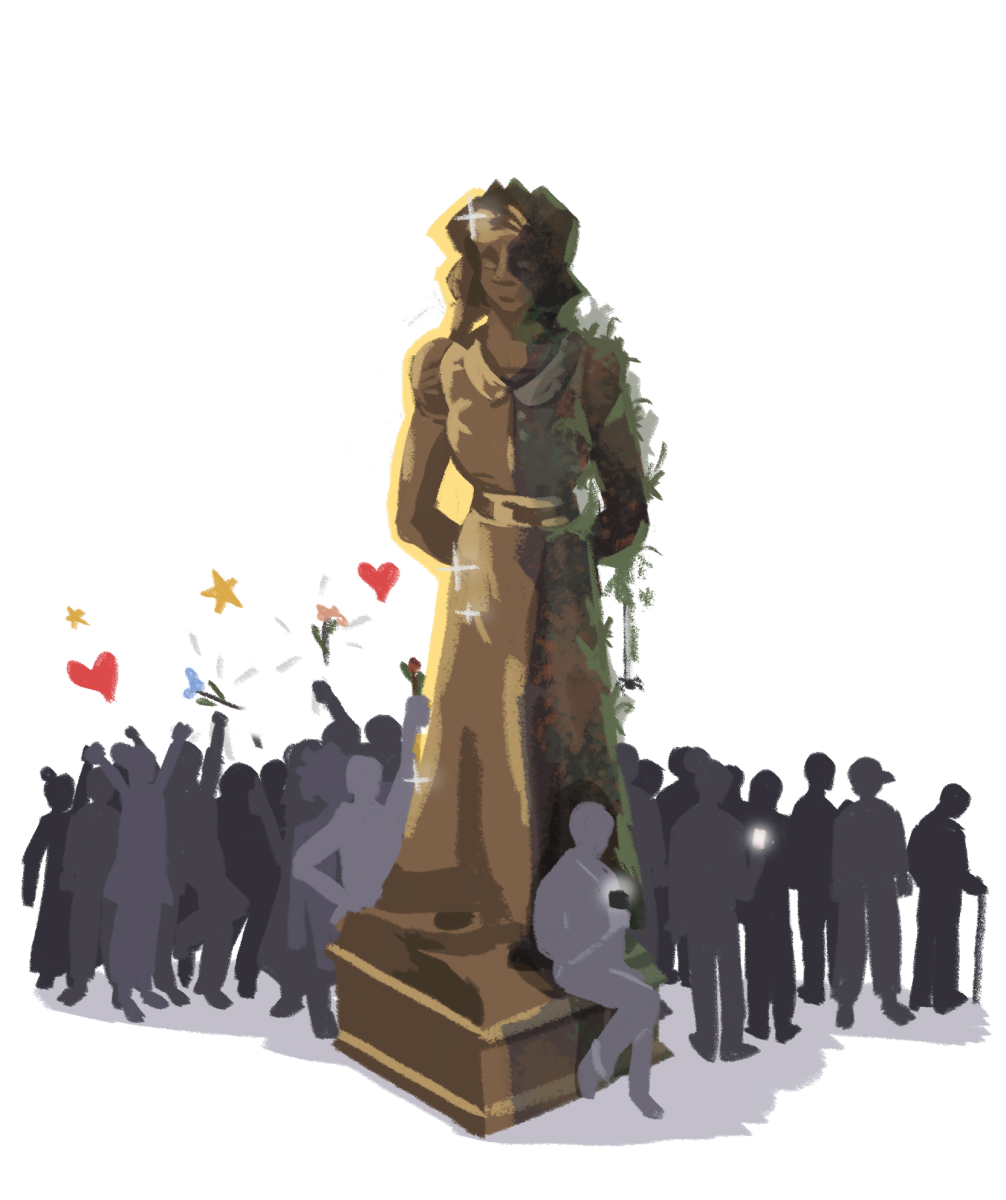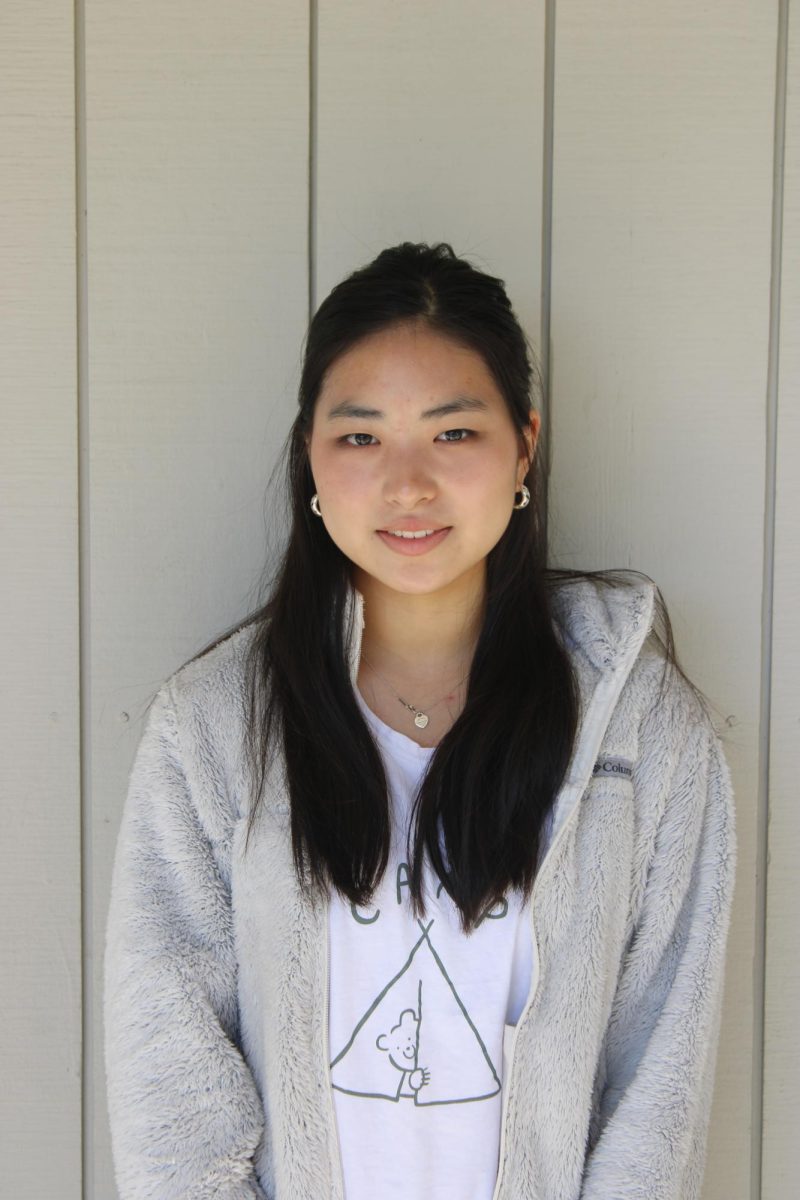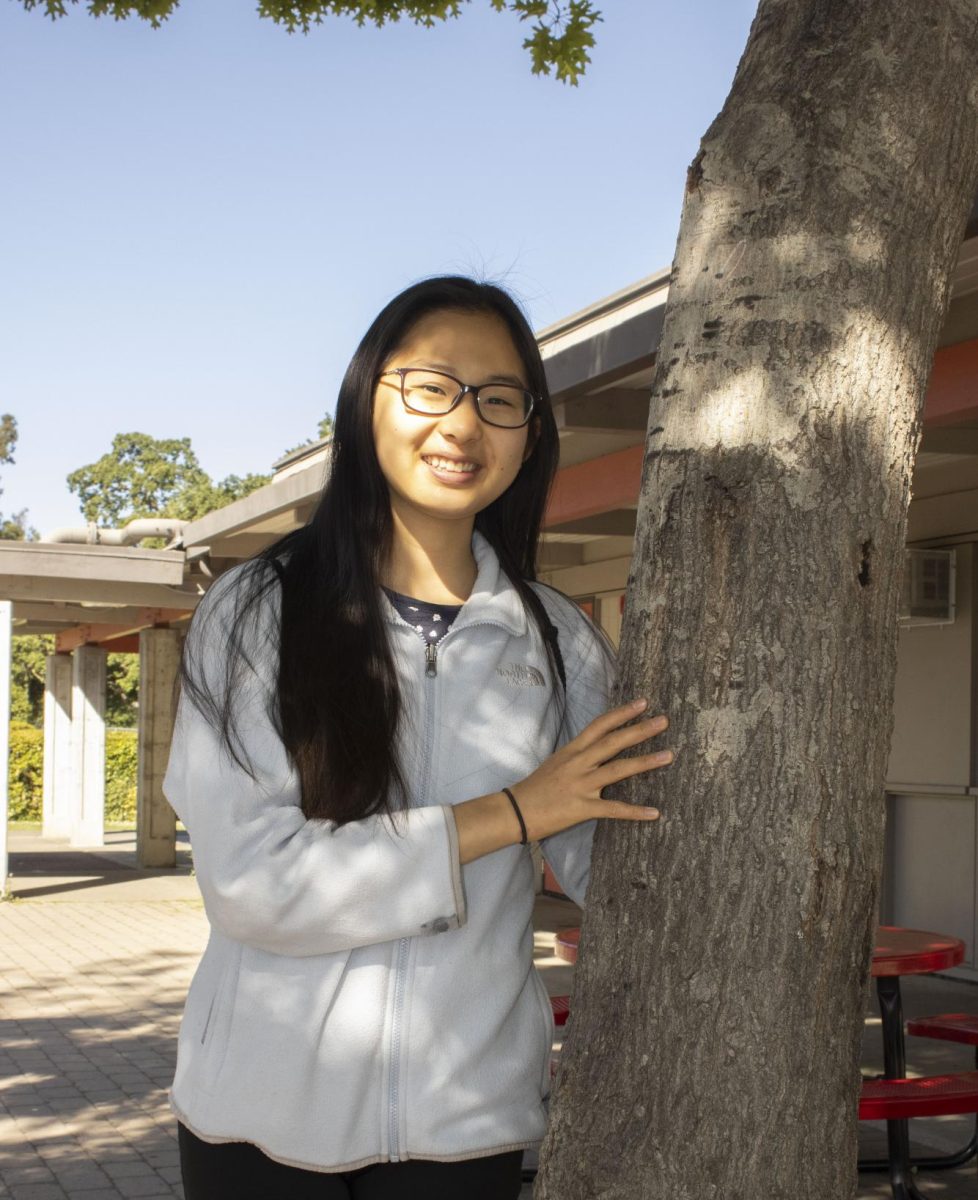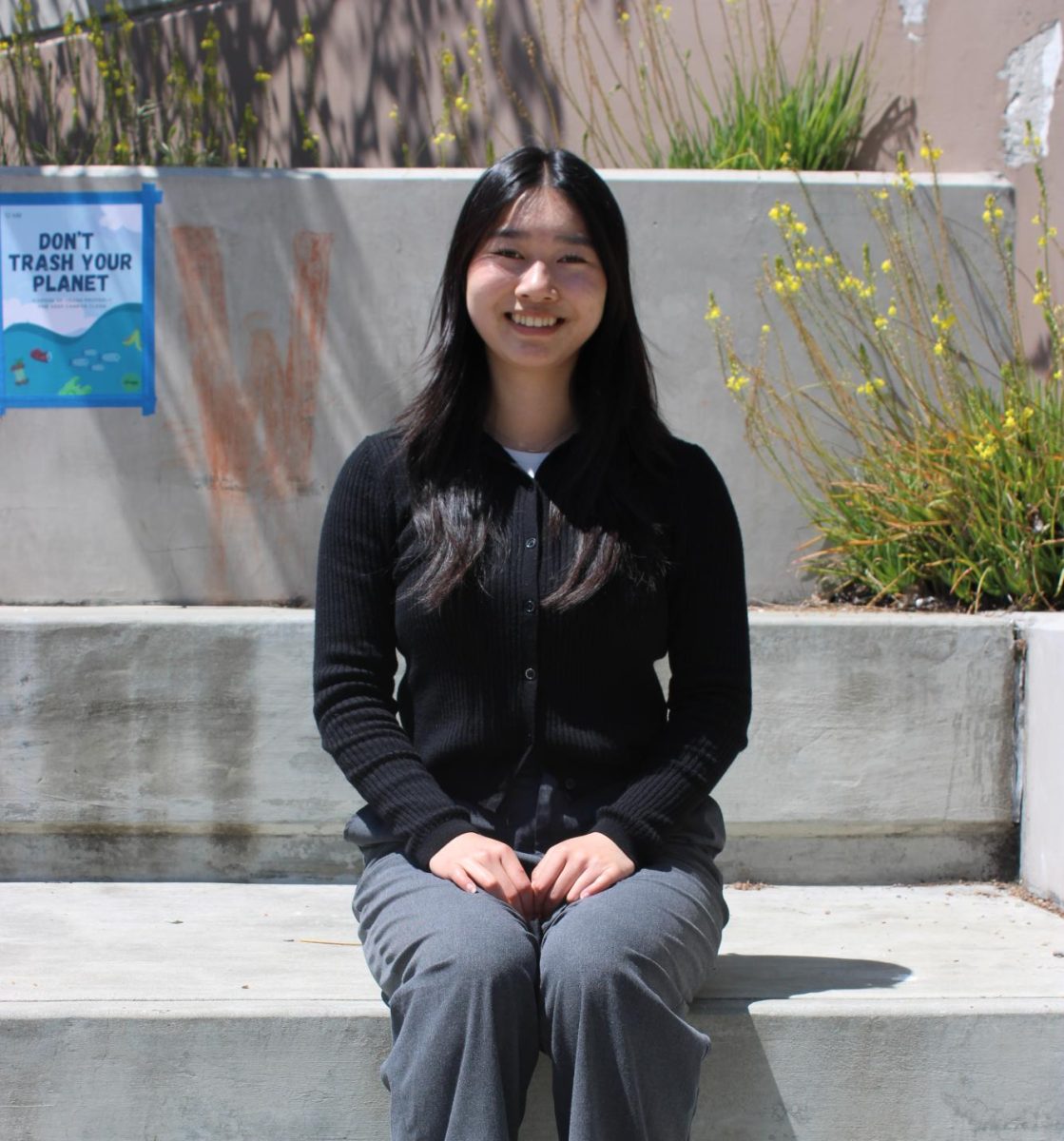This past December, filmgoers around the world flocked to local theaters to watch legendary anime director Hayao Miyazaki’s first film in 10 years. Miyazaki, co-founder of Japanese animation collective Studio Ghibli, had announced his retirement after the 2013 release of “The Wind Rises,” which he directed.
His newest film, “The Boy and The Heron,” released in theaters with little prior announcement and promotion. Now that the director, 83, has produced another structurally complex and visually striking film — in March, it won the Academy Award for Best Animated Feature — avid fans and critics alike are reflecting on the transformative impacts he has left during his long, celebrated career.
Animated film far precedes Miyazaki: By the time he entered its complex world, the medium had found global success, especially thanks to animation giant Disney. Moreover, in his native Japan, animated content (commonly referred to as anime) was a beloved alternative to traditional live-action cinema, and its films and television series were — and often still are — adaptations of popular manga, or Japanese comics.
While Miyazaki may not have pioneered animated film, he has still influenced its course greatly. Beginning with Studio Ghibli’s first film, “Nausicaä of the Valley of the Wind” (1984), Miyazaki established one of his signature storylines: following young protagonists faced with quests highlighting family, adolescence, environmentalism, war and mortality.
While “Nausicaä” is considered to be fairly graphic and violent, other Miyazaki works such as “My Neighbor Totoro” (1988) and “Ponyo” (2008) follow his classic storyline through a more lighthearted, family-friendly lens. Art of Visual Storytelling teacher Terence Kitada noted the underlying themes in Miyazaki’s works.
“Ghibli movies are not about saving an entire world or kingdom,” he said. “Sure, some are more action-oriented, but they are still stories about family, community or friendship.”
According to Japanese teacher Matt Hall, the visual aesthetics of Miyazaki’s films are integral to his success.
“In fact, a lot of people would argue that Miyazaki is not interested in the story,” Hall said. “He’s interested in the images and aesthetics he creates.”
Miyazaki’s cultivation of a traditional hand-drawn anime style has found incredible success at home and abroad. Many of his earlier films gained acclaim in Japan, and American and other Western audiences soon became familiarized with Miyazaki after “Princess Mononoke” (1997) and “Spirited Away” (2001). In 2002, the latter even became the first foreign entry to win the Academy Award for Best Animated Feature.
“(Miyazaki’s style) doesn’t differ much from the other Japanese animation studios, but he was the first to really nail it,” Hall said. “He’s been in this industry for longer than anyone else.”
Today, Western audiences enjoy anime beyond Miyazaki and Ghibli works. Series such as “One Piece” (1999) and “My Hero Academia” (2016) have reached widespread success. Additionally, the release of Ghibli’s blockbusters like “Spirited Away” and “Princess Mononoke” converged with the introduction of franchises like Yu-Gi-Oh and Hello Kitty, creating what Hall refers to as a major “2000s wave” in Japanese pop-culture popularity. Miyazaki’s works introduced Western viewers to Japanese and Asian cultural values, Kitada said.
“There’s this one five-minute scene in Ghibli’s ‘Ponyo’ where the characters make ramen together, and it’s so purposeful,” Kitada said. “It’s very logical to bring childhood memories to Japanese audiences, but I don’t know if you’d see the same thing being done in an American movie like ‘Frozen.’ In that sense, Ghibli movies expose people to Japanese values and different ways of looking at the world.”
All in all, while the popularity of anime far preceded Miyazaki’s iconic tenure with Studio Ghibli, the influence of his work is undeniable for audiences and the industry alike.
“Go around and find the best anime creators around the world and go, ‘Who is your number-one influence?’” Hall said. “I guarantee you the name that will come out is Miyazaki.”


